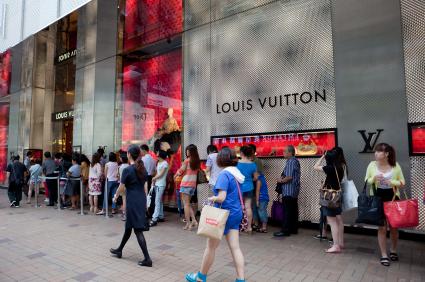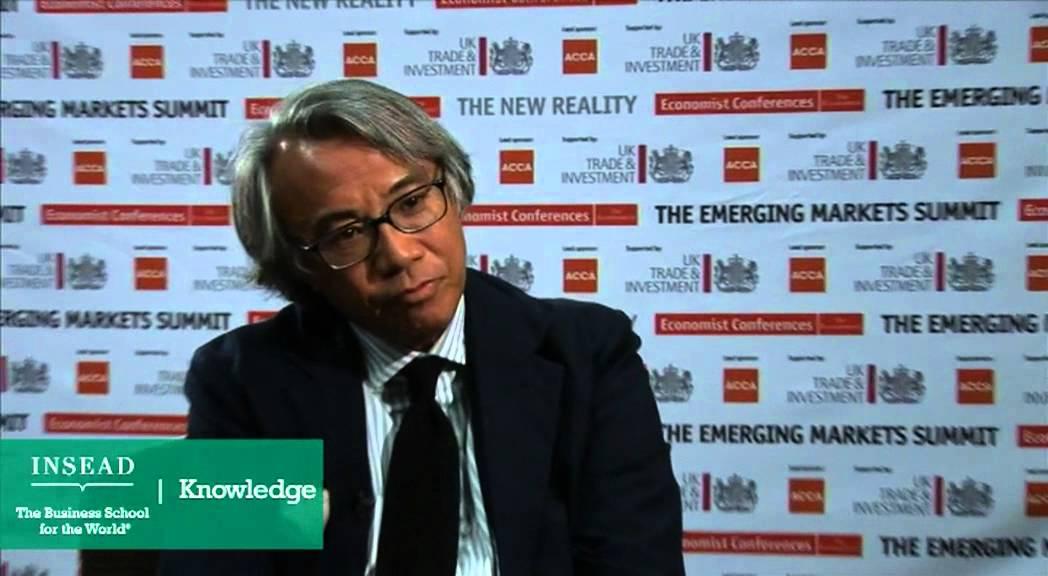
Not so according to Robert Polet, chairman of the Gucci Group. While he agrees that consumer psyche vis-à-vis buying behaviour has taken a hit, he believes that his company is in the business of selling dreams – and you can’t put a price tag on a dream.
“People buy our brands because they want to be a part of a particular dream… So people before going into the store, they decide ‘I would like to be part of that dream.’ And that is an emotional decision. It’s an aspirational decision for many. And they’re seduced when in the store; they’re seduced by the product, by a really desirable product that you cannot resist … This is not about selling bags or shoes or ties or suits. This is about ‘Would you like to be a Gucci man or a Gucci woman?’”
The big picture
Though Polet says Gucci will not be making any broad sweeping tactical changes to tackle the crisis head on, preferring instead to go with a less reactive approach, he says it may be necessary to make some adjustments because it still makes good business sense to monitor the situation.
“Let me just reaffirm the importance of actually sticking to your strategy because the strategy that you build around brands is the strategy for the longer term. You manage brands for a long life or longevity, so you don't sort of whisk them around every quarter or every year or every two years,” Polet told INSEAD Knowledge in an exclusive interview. “And that is come hell or high water I would say. But you know what, times change and there are things that you need to adapt to and in the short term – change your tactics.”
For example, he says, if a company’s growth is cut by half, it is technically still growing, though profits are significantly reduced. “So you will adjust if you're wise, your capital expenditures and the way that you manage your business, (yet) always staying true to the essence of the brand and to the long-term strategy.”
Polet’s approach seems to have worked. When he joined Gucci in 2004, he had ambitious plans to double the company’s revenues in seven years, as well as to increase gross margins to 70 per cent. He says he has delivered on both counts, which he is why he chooses to remain optimistic at such a time.
“Now having done that, it gives us of course a much better position because the profitability has almost tripled in absolute terms in the last four years. It gives you a fantastic starting point to be able to brace yourself for headwinds.”
Asia as the next frontier
Turning to Asia for growth has also paid off. “We said four years ago, we would invest more than 60 per cent of all our investments in Asia Pacific. And that's exactly what we have done ... (we have grown) the stores in mainland China from four stores four years ago to 24 stores by the end of this year, which is quite remarkable.”
Polet is now counting on Asia to cushion the Gucci brand from the shock waves of the ailing economy. “I'm absolutely convinced of it and it's actually happening as we speak. Asia is delivering its part of the portfolio that we knew that it would deliver.”
-
View Comments
-
Leave a Comment




No comments yet.